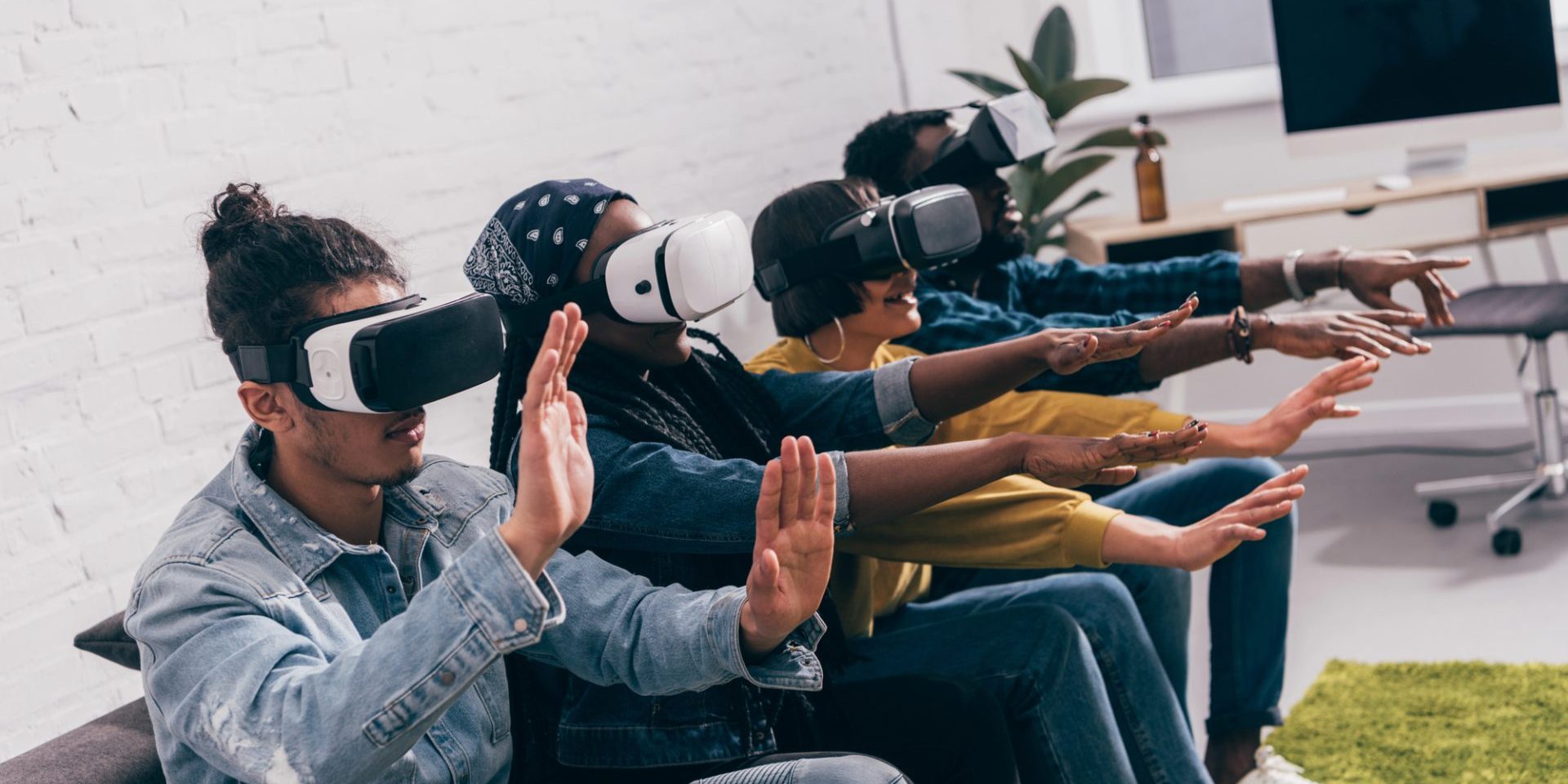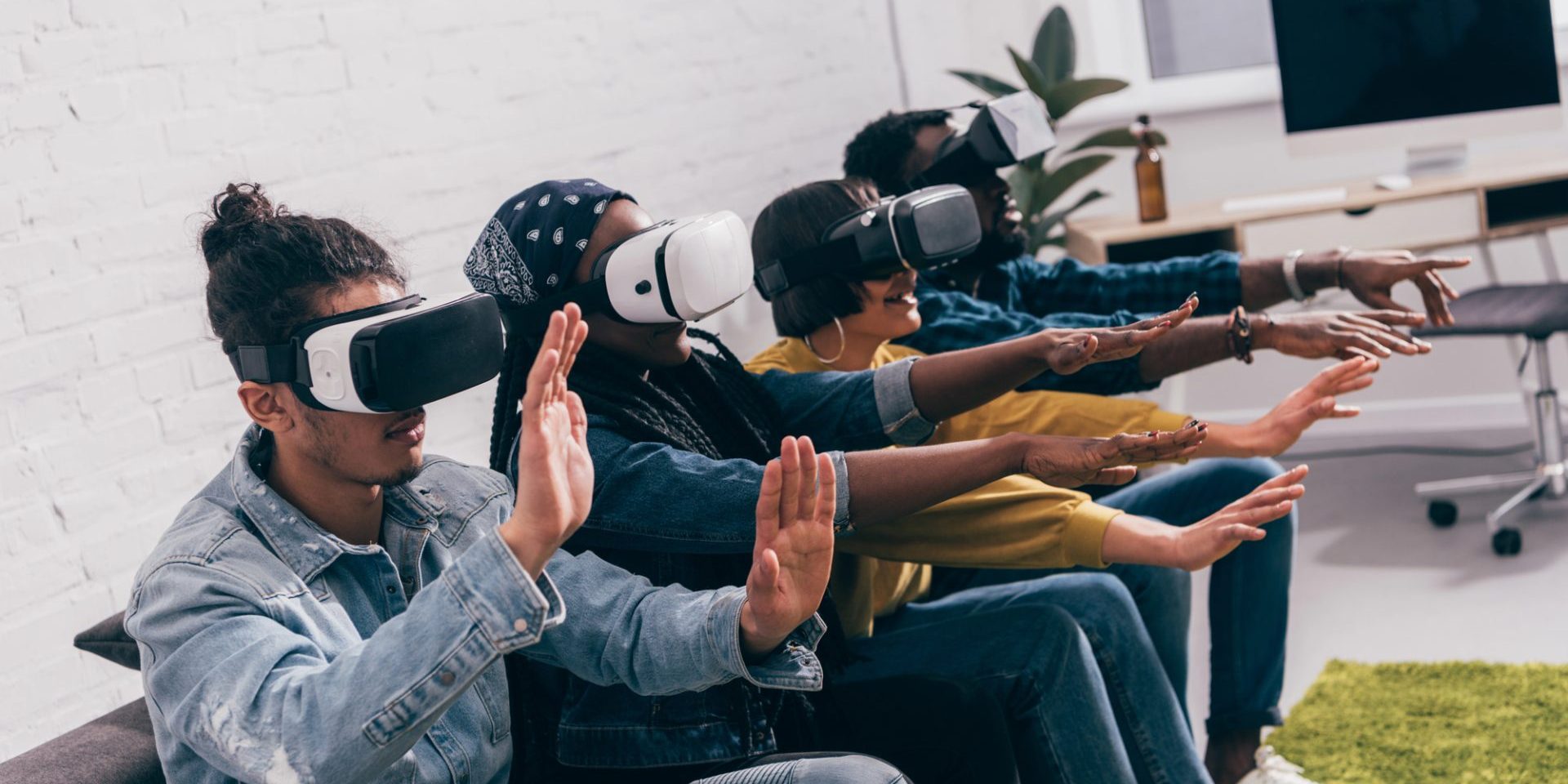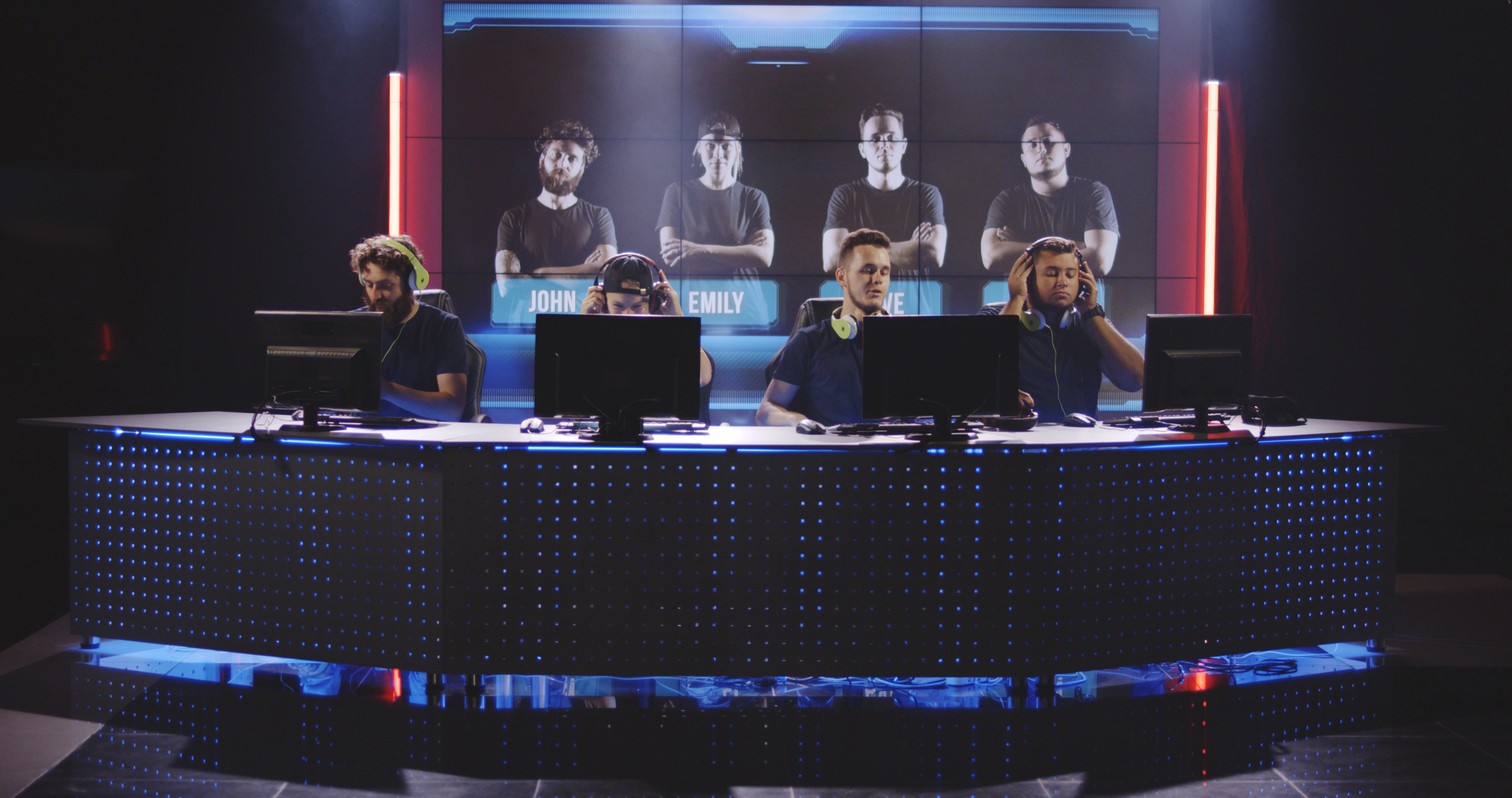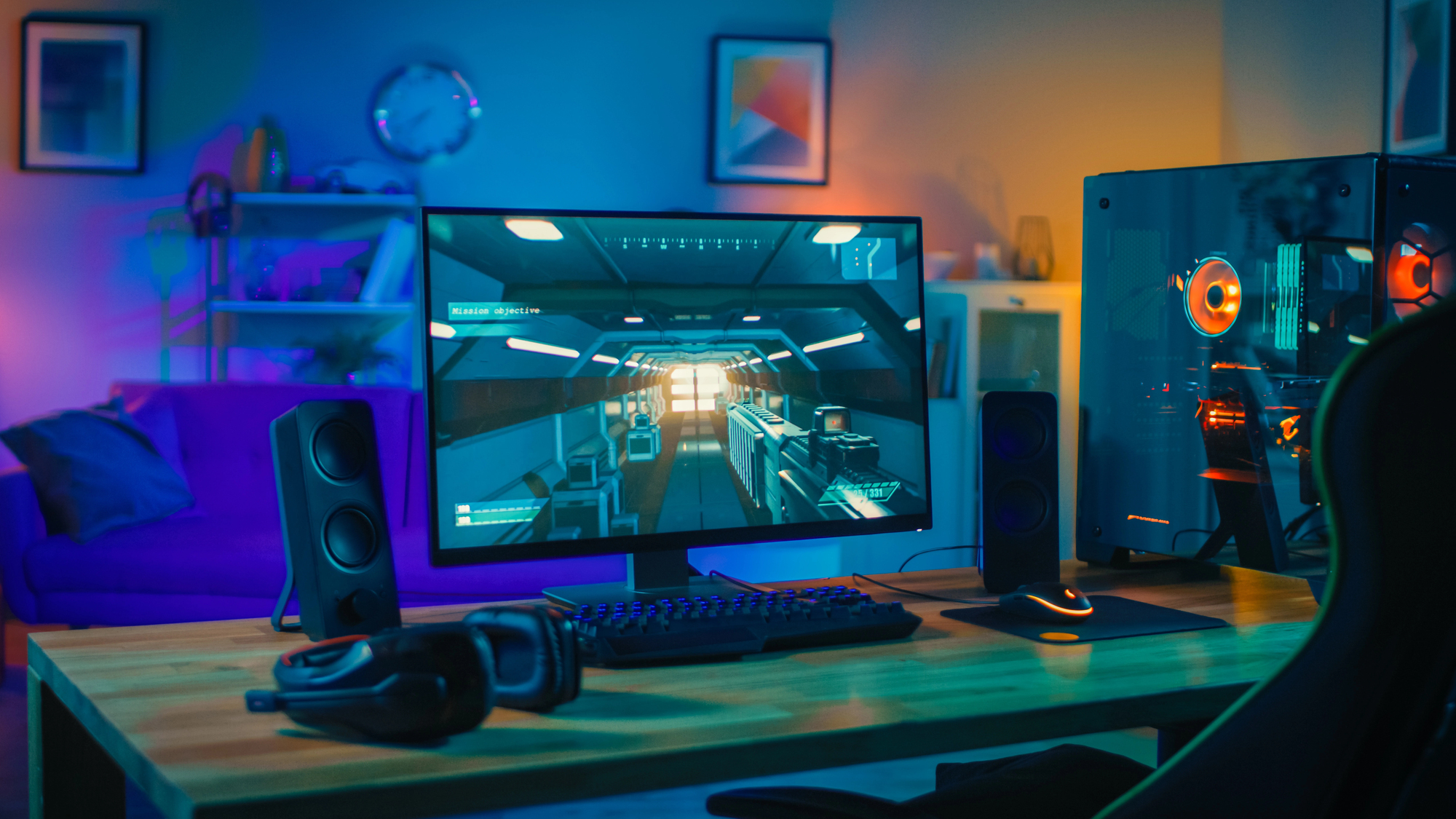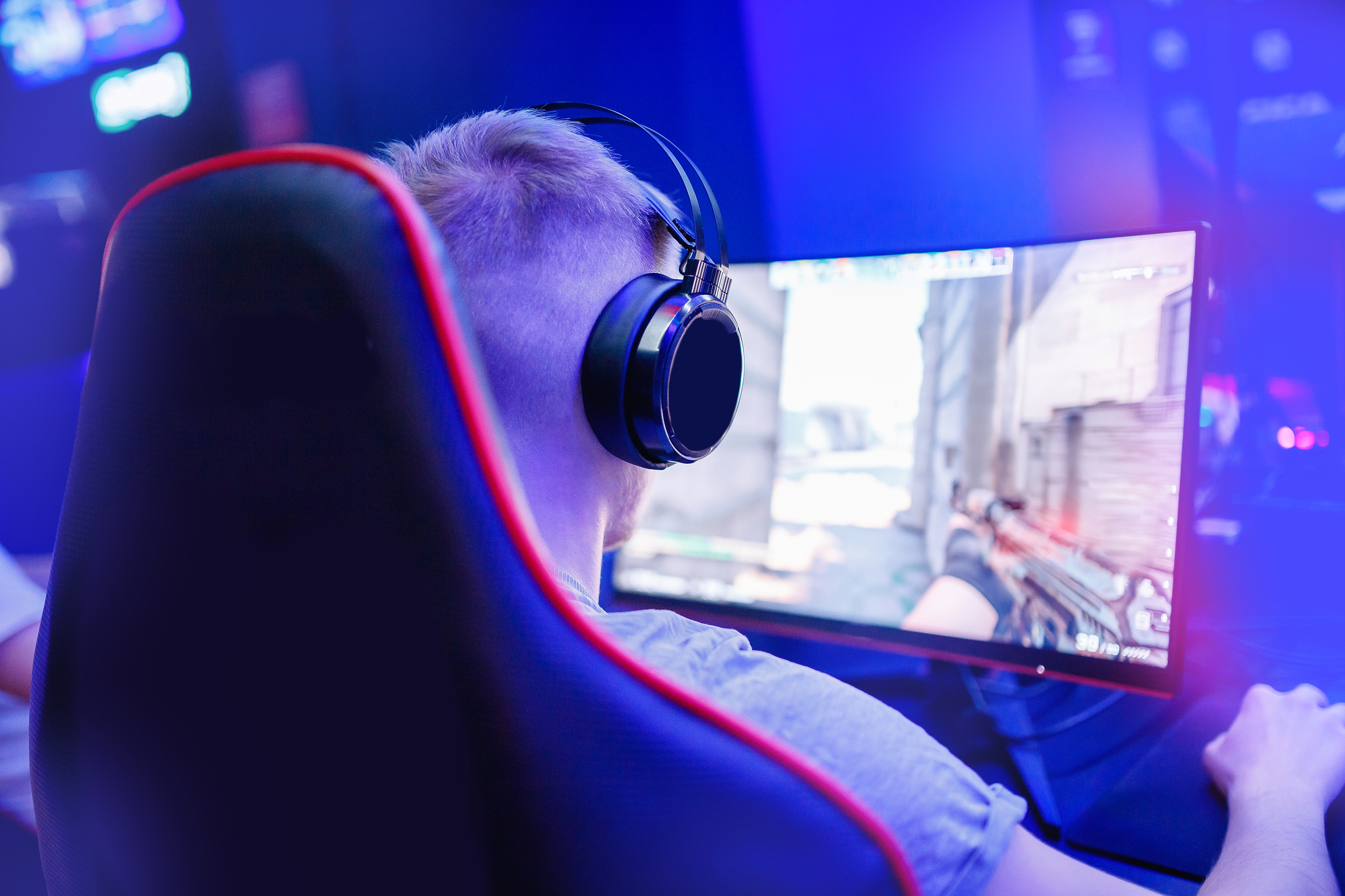Artificial intelligence has become a game-changer in modern video games, transforming the industry and pushing the boundaries of innovation. AI technologies enhance gameplay experiences, create more realistic virtual worlds, and enable dynamic interactions between players and non-player characters. AI in video games now goes beyond simple automation, becoming a cornerstone of creativity and immersion.
Game developers use AI to craft intelligent opponents, generate lifelike environments, and adapt gameplay difficulty based on player performance. This application of artificial intelligence contributes to a deeper and more engaging player experience. AI-powered characters can exhibit complex behaviours, making decisions and reacting to player actions in ways that feel natural and unpredictable.
The integration of AI in video games extends to competitive gaming as well. AI algorithms analyse player strategies, provide personalised training recommendations, and even serve as formidable opponents in e-sports scenarios. As AI continues to advance, its role in shaping the future of video games grows increasingly significant, promising new possibilities for both developers and players alike.
Fundamentals of AI in Gaming
Artificial intelligence forms the backbone of modern video games, shaping gameplay experiences and creating dynamic virtual worlds. AI technologies have transformed how games respond to player actions and generate content.
Defining AI and Its Role in Video Games
AI in gaming refers to computer programs that simulate intelligent behaviour within game environments. These systems control non-player characters (NPCs), manage game difficulty, and generate content. AI enhances gameplay by creating more realistic and challenging experiences for players.
In modern games, AI often governs NPC decision-making, pathfinding, and adaptive behaviours. It can adjust difficulty levels based on player performance, ensuring an engaging experience for users of varying skill levels. AI also plays a crucial role in procedural content generation, creating diverse game worlds, quests, and scenarios.
History and Evolution of AI in Gaming
Early video games used simple rule-based AI systems with predetermined behaviours. Pac-Man (1980) featured ghosts with basic movement patterns, while Space Invaders (1978) had aliens moving in fixed formations.
As computing power increased, game AI became more sophisticated. The 1990s saw the rise of finite state machines and decision trees in games like Civilization and Age of Empires. These allowed for more complex NPC behaviours and strategic decision-making.
The 2000s brought advancements in pathfinding algorithms and behaviour trees. Games like The Sims and Half-Life 2 showcased more lifelike NPC interactions and reactions to player actions.
Core AI Technologies in Game Development
Machine learning has become a key technology in modern game AI. It allows games to adapt to player behaviour and create more personalised experiences. Neural networks enable NPCs to learn and improve their strategies over time.
Pathfinding algorithms, such as A*, are essential for NPC movement in complex 3D environments. These ensure characters navigate game worlds efficiently and realistically.
Behaviour trees and goal-oriented action planning (GOAP) systems enable more sophisticated decision-making for NPCs. These technologies allow characters to pursue multiple objectives and react dynamically to changing game states.
Procedural content generation uses AI algorithms to create diverse game elements, from terrain and levels to quests and narratives. This technology expands game worlds and enhances replayability.
AI-Driven Game Elements and Design
Artificial intelligence plays a pivotal role in shaping modern video game elements and design. It influences character behaviours, environmental dynamics, and storytelling techniques, creating more immersive and engaging gameplay experiences.
Character Development and NPC Behaviours
AI technologies have transformed the way non-player characters (NPCs) function in games. Advanced algorithms enable NPCs to exhibit more lifelike behaviours and make decisions based on their surroundings and player actions. This leads to more realistic and varied interactions within the game world.
AI-driven NPCs can adapt their dialogue and responses to player choices, creating a sense of personalised conversation. They can also learn from player behaviour, adjusting their strategies in combat or puzzle-solving scenarios to provide an appropriate challenge level.
Some games use AI to generate unique character appearances and personalities, adding variety to the game world and reducing the workload for developers.
Environmental Dynamics and Procedural Generation
AI plays a significant role in creating dynamic and ever-changing game environments. Procedural generation techniques powered by AI algorithms can produce vast, diverse landscapes, cityscapes, and dungeons without the need for manual design of every detail.
These AI systems can create terrain, vegetation, and weather patterns that react to player actions and game events. For example, a forest might regrow after a fire, or a city’s architecture could evolve based on player decisions.
AI-driven physics engines simulate realistic object interactions, fluid dynamics, and particle effects, enhancing the visual fidelity and believability of game worlds.
The Impact of AI on Storytelling and Quests
AI technologies are reshaping narrative structures in video games, allowing for more flexible and responsive storytelling. AI systems can generate branching storylines that adapt to player choices, creating a more personalised narrative experience.
Quest generation algorithms can create side missions and objectives on the fly, keeping content fresh and relevant to the player’s current situation. This approach can extend gameplay hours and increase replayability.
AI can also analyse player behaviour and preferences to tailor story elements and quest rewards, making the game’s narrative more engaging for individual players.
Some games use AI to generate dialogue for minor characters, filling out the world with unique interactions without requiring extensive voice acting resources.
Practical Applications and Case Studies
Artificial intelligence has revolutionised video game development, enhancing gameplay and creating more immersive experiences. Leading game studios have implemented AI in innovative ways, pushing the boundaries of what’s possible in virtual worlds.
In-Depth Analysis of AI in Blockbuster Games
Red Dead Redemption 2 showcases advanced AI systems that bring its Wild West setting to life. Non-player characters (NPCs) exhibit realistic behaviours, responding dynamically to the player’s actions and the environment. The game’s AI governs everything from animal behaviour to NPC daily routines, creating a rich, believable world.
Middle-earth: Shadow of War features the Nemesis System, an AI-driven mechanic that generates unique enemies with distinct personalities and memories. This system creates personalised storylines for each player, as enemies remember past encounters and adapt their strategies accordingly.
No Man’s Sky uses procedural generation, an AI technique, to create vast, explorable universes. The game’s AI algorithms generate planets, flora, fauna, and even alien languages, resulting in a virtually infinite gameplay experience.
The Relationship Between AI and Player Experience
AI significantly impacts player experiences by creating more responsive and adaptive game worlds. In Red Dead Redemption 2, the AI-driven NPC interactions contribute to a sense of immersion, making the game world feel alive and reactive.
Ubisoft has implemented AI systems that analyse player behaviour to offer personalised gameplay experiences. These systems can adjust difficulty levels, suggest in-game activities, and even influence storylines based on individual player preferences and play styles.
AI-powered emotion recognition technology is being explored to gauge player emotions during gameplay. This data can be used to dynamically adjust game elements, such as music, lighting, or enemy behaviour, to enhance emotional engagement and create more compelling experiences.
Emerging Trends and Future Potential of AI
Machine learning algorithms are being used to create more sophisticated NPCs with improved decision-making abilities and natural language processing. This advancement allows for more realistic and engaging interactions between players and virtual characters.
AI-driven procedural content generation is expanding beyond terrain and quests to include more complex elements like storylines and character dialogue. This technology has the potential to create games with endless, unique content tailored to each player.
Reinforcement learning techniques are being applied to create more challenging and adaptive AI opponents in competitive games. These AI-controlled adversaries can learn from player strategies and develop counter-tactics, providing a constantly evolving challenge for skilled players.
AI’s Broader Impact on the Gaming Industry
Artificial intelligence is reshaping competitive gaming, player improvement, and raising ethical questions in the video game industry. Its influence extends far beyond gameplay mechanics, transforming how players compete and interact with games.
Advancing Competitive Play and Esports
AI has become a game-changer in esports, elevating competitive play to new heights. Advanced algorithms analyse player performance, strategy, and team dynamics in real-time, providing invaluable insights to coaches and players. These AI-powered tools help teams refine their tactics, identify weaknesses, and exploit opponents’ patterns.
In training, AI opponents push professional gamers to their limits, simulating a wide range of playstyles and strategies. This constant challenge helps players improve faster and adapt to new situations more effectively.
AI is also enhancing the spectator experience in esports. Automated highlights, real-time statistics, and predictive analytics keep viewers engaged and informed throughout matches.
AI’s Role in Game Analysis and Improvement
AI tools are revolutionising how players analyse and improve their gameplay. Machine learning algorithms can process vast amounts of game data, identifying patterns and trends that humans might miss.
These systems offer personalised feedback on a player’s performance, highlighting areas for improvement and suggesting specific training exercises. AI coaches can adapt to individual learning styles, providing tailored advice that helps players progress more quickly.
For game developers, AI-driven analytics provide valuable insights into player behaviour, preferences, and pain points. This data helps studios fine-tune game balance, difficulty curves, and overall player experience.
Ethics and the Societal Implications of Gaming AI
The growing presence of AI in gaming raises important ethical questions. There are concerns about the potential for AI to exploit psychological vulnerabilities, leading to addictive behaviour or excessive spending in games.
Privacy is another key issue, as AI systems collect and analyse large amounts of player data. Game companies must balance the benefits of personalised experiences with the need to protect user information.
The use of AI in competitive gaming also sparks debates about fairness and authenticity. As AI-assisted tools become more sophisticated, the line between human skill and machine assistance grows blurrier.
Societal impacts of gaming AI extend beyond individual players. Virtual reality and AI-driven simulations are being used for training and therapy, highlighting the positive potential of these technologies.

